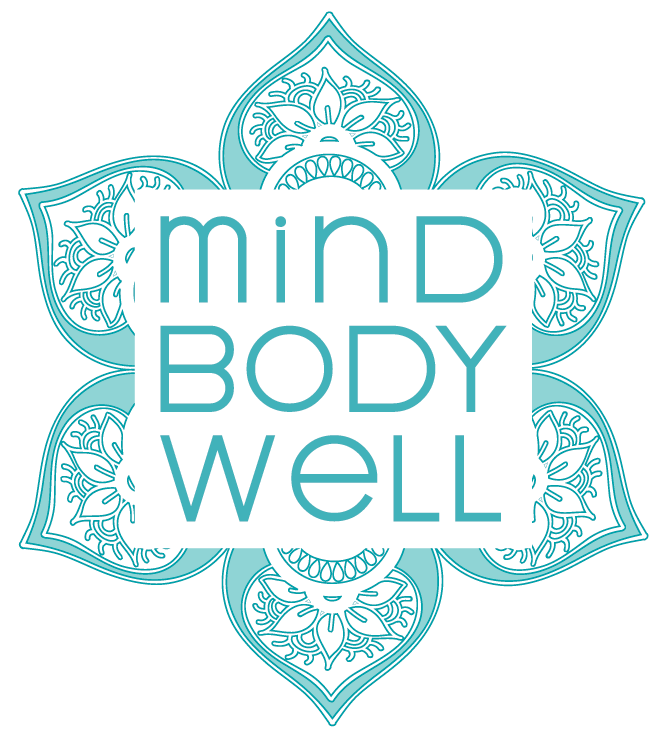Depression
Depression is a mental health condition which affects many people, and can influence every facet of life, including personal relationships, professional capacity, and physical health and wellbeing. Understanding and recognising the signs of depression can help people decide to reach out and seek appropriate support.
What is Depression?
Depression is more than occasional sadness; it’s a persistent condition that alters a persons thoughts, emotions, and behaviours. Unlike temporary emotional ups and downs depression lingers, often for weeks or months, and can severely disrupt daily functioning.
Common symptoms of Depression
Depression can manifest differently for each person, but some of the more common symptoms include:
Emotional indicators
· Persistent feelings of sadness, emptiness, or hopelessness
· Loss of interest in activities once found enjoyable
· Feelings of guilt or worthlessness
Physical indicators
· Changes in appetite (with no other cause)
· Sleep disturbances, such as insomnia or excessive sleeping
· Fatigue or decreased energy
Cognitive indicators
· Difficulty concentrating or making decisions
· Thoughts of death or suicide
It’s important to note that occasional passing experiences of some of these symptoms doesn’t necessarily mean a person has depression. However, if these symptoms continue and interfere with daily life, seeking professional guidance is advisable.
Potential causes of Depression
Depression often results from a combination of factors:
Biological factors
Genetic predisposition, hormonal changes, or alterations in brain chemistry can contribute to depression
Psychological factors
Chronic stress, trauma, or certain personality traits such as perfectionism and unrelenting self-expectations can increase susceptibility to depression
Environmental factors
Life events such as loss, relationship challenges, or financial difficulties can trigger depressive episodes
Seeking support for Depression
Recognising the need for help is a courageous and step toward managing depression. Various effective treatments are available:
Psychological therapies
Engaging with therapies like cognitive-behavioural therapy (CBT) can help people identify and modify negative thought patterns.
Medication
Some people may need antidepressant medications to address chemical imbalances in the brain.
Lifestyle modifications
Increasing health related behaviours such as participating in enjoyable physical activity, adequate nutrition, and good quality sleep can positively influence mood and energy.
Support networks
Connecting with support groups or trusted loved ones can provide emotional support and reduce feelings of isolation.
How we can help
At Mind Body Well, we understand the impact depression can have on a persons life. Our team of experienced professionals is dedicated to providing compassionate and personalised care. If you or someone you know is experiencing depression, we encourage you to reach out. Seeking help is a sign of strength, and support is available.
For more information or to schedule an appointment, please contact us at (03) 9820 1848 or visit our New Clients page.
Contact the Psychologists and Dietitians at our Melbourne Clinic for support with Depression.
Or complete our NEW CLIENTS intake form

